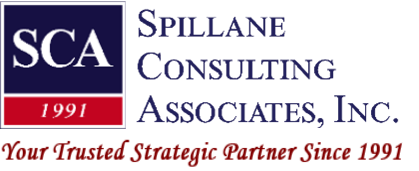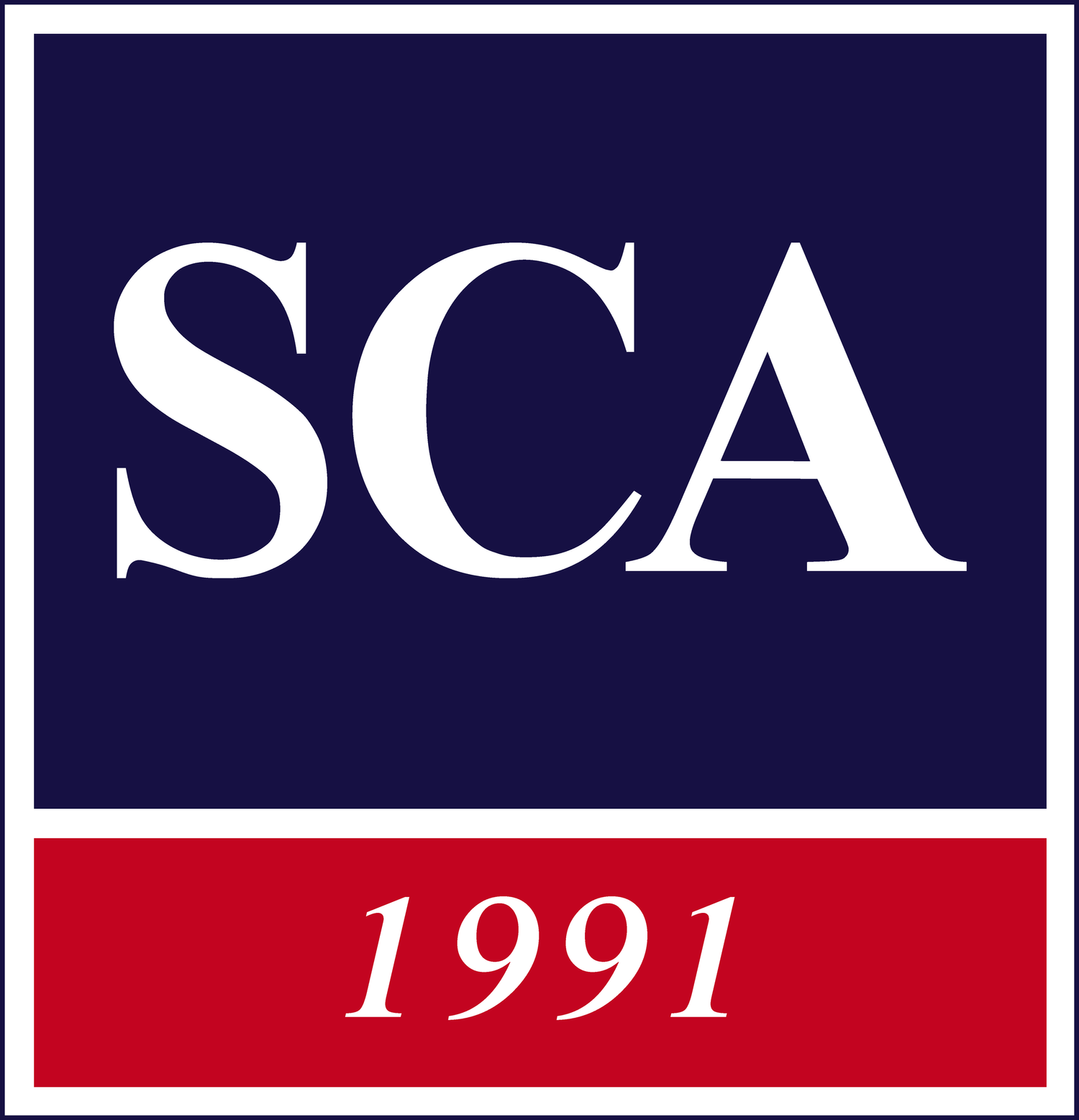Conflict Mastery: Strategies for Effective Leaders
Written by Donna Thaxter, Training, Coaching, and Professional Development Consultant
Why Should We Master the Art of Handling Conflict?
The strongest company cultures are built on internal relationships. Conflict is part of the natural flow of these relationships, yet it is often perceived as a disruptive force. When handled effectively, workplace conflict can be a necessary, functional, and productive component of strong relationships, interpersonal growth, and positive organizational change. A hallmark of effective leaders is their ability to recognize and handle confrontation. Those who navigate conflict with calm but assertive finesse tend to foster workplace environments that are both productive and optimistic.
The Dangers of Unresolved Conflict
Acknowledging conflict as a natural and even healthy aspect of any company is pivotal. It's the unresolved conflicts that pose a threat, potentially leading to dysfunction and diminished productivity within teams. Research on workforce conflict reveals that 76% of employees use avoidance as their workplace conflict management style. Effective leaders understand this problem and are intentional about addressing conflict head-on and, they model this in their own handling of inevitable conflict.
Strategies for Conflict Management
What sets these leaders apart is their approach. Rather than reacting impulsively, they pause, allowing themselves the opportunity to manage their initial negative reactions. They apply a delicate balance between inquiry and assertion, asking questions and listening to understand the root causes of the conflict. They also calmly and clearly convey their perspectives, assumptions, and rationale. This approach demonstrates respect for opposing ideas and the value that can be gained from hearing people out.
Effective leadership is characterized by self-awareness and emotional regulation, two key components of Emotional Intelligence and Conflict Management. This enables leaders to navigate tense situations with composure and tact, ensuring conflicts are resolved constructively rather than escalating further.
In the popular book "Crucial Conversations," authors Grenny, Patterson, McMillan, Switzler, and Gregory underline the significance of timely conflict resolution. They emphasize that the lag time between problem identification and resolution serves as a litmus test for organizational relationship health. The shorter the lag time, the healthier the relationship. This underscores the importance for leaders to hone their conflict management skills and set expectations for conflict resolution with other leaders within their company.
In summary, effective leaders recognize conflict as an opportunity rather than a threat. By modeling skillful navigation through conflict, they plant the seeds of a thriving organizational environment.
To learn more about how to support the growth of your organization’s leaders and emerging leaders, contact our Director, Bill Dolan. You can reach Bill via email (WDolan@scapartnering.com) or phone (617-694-2617).

